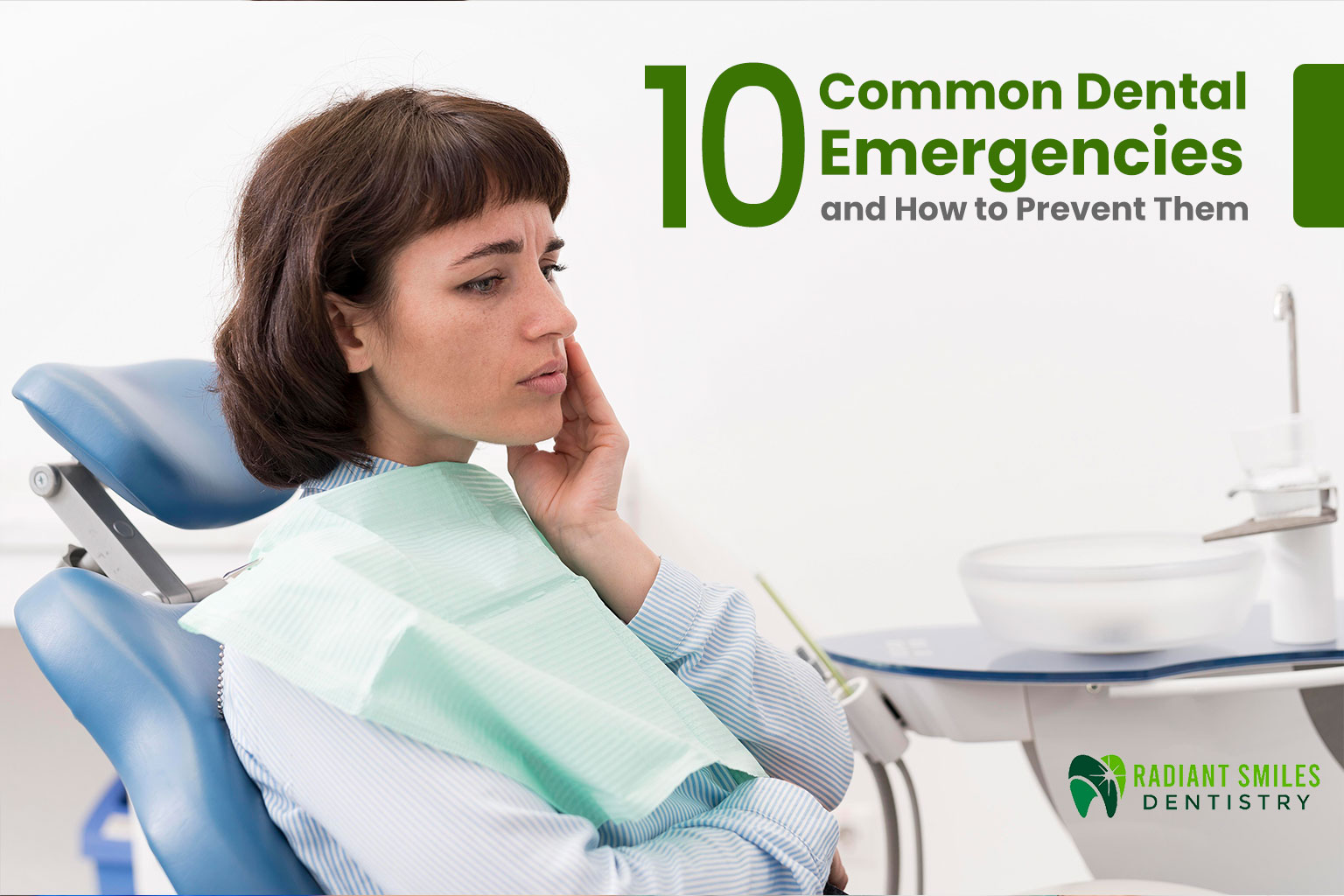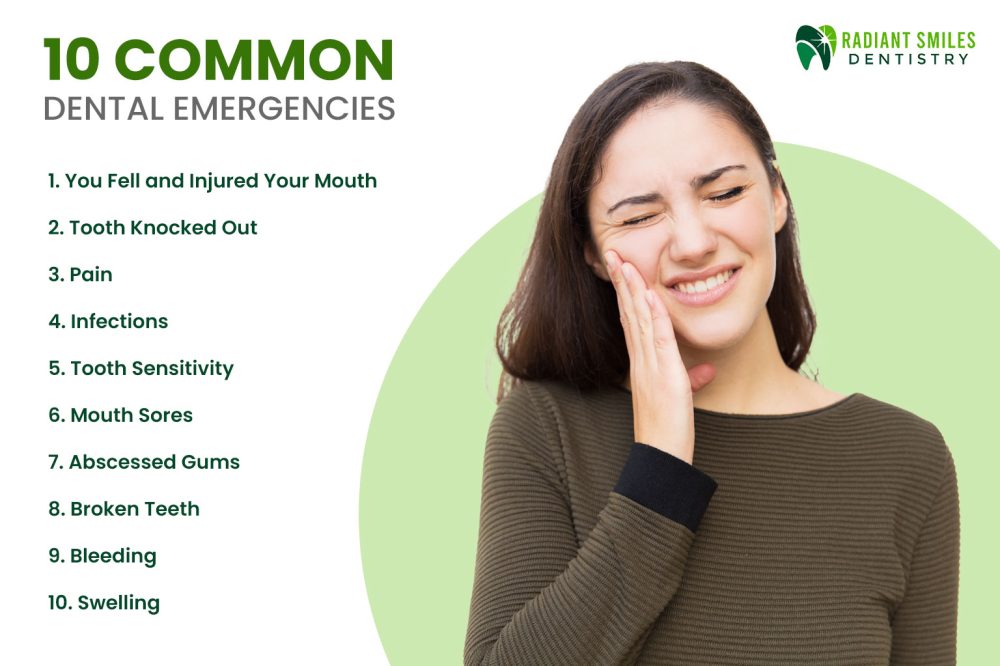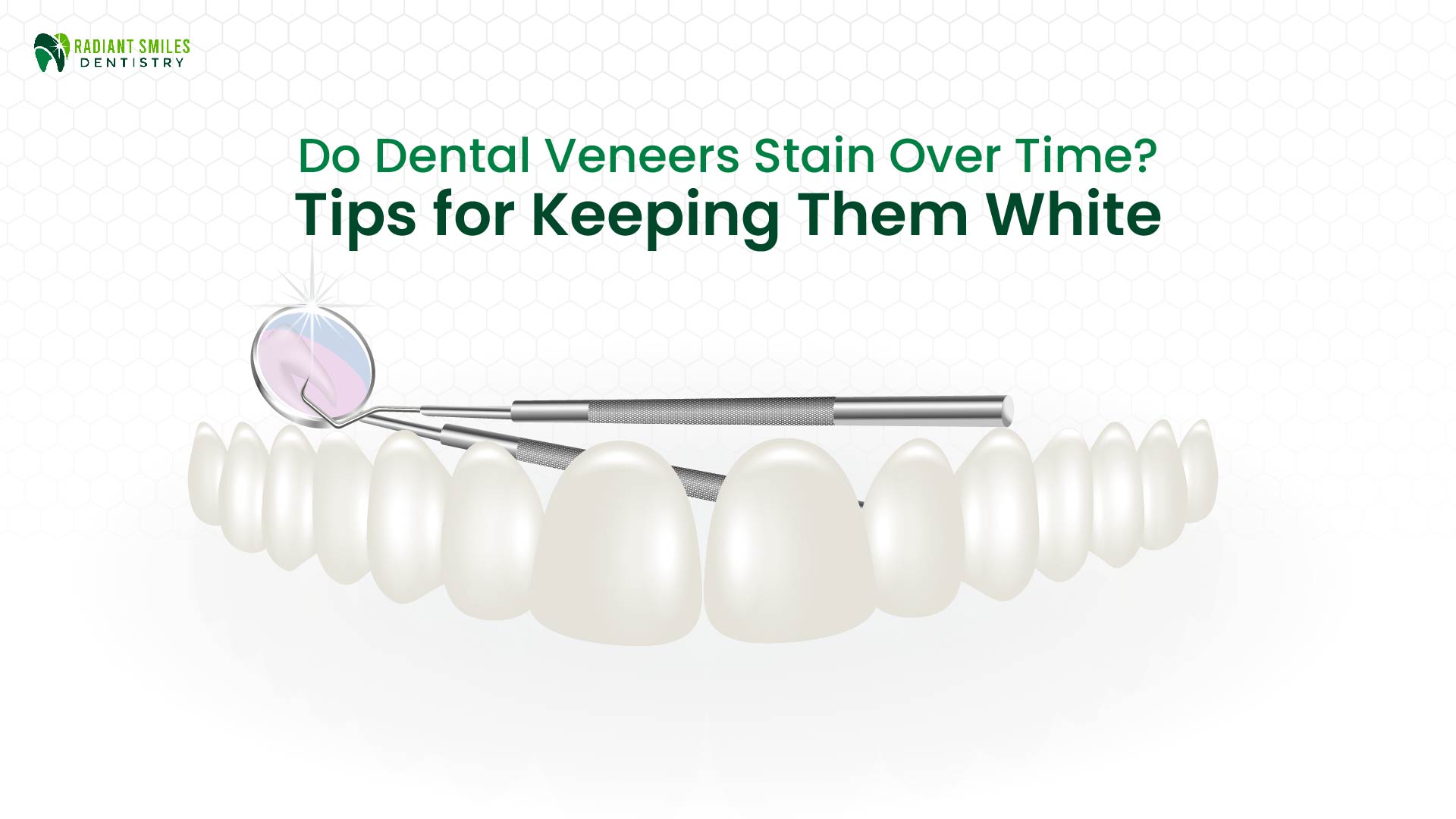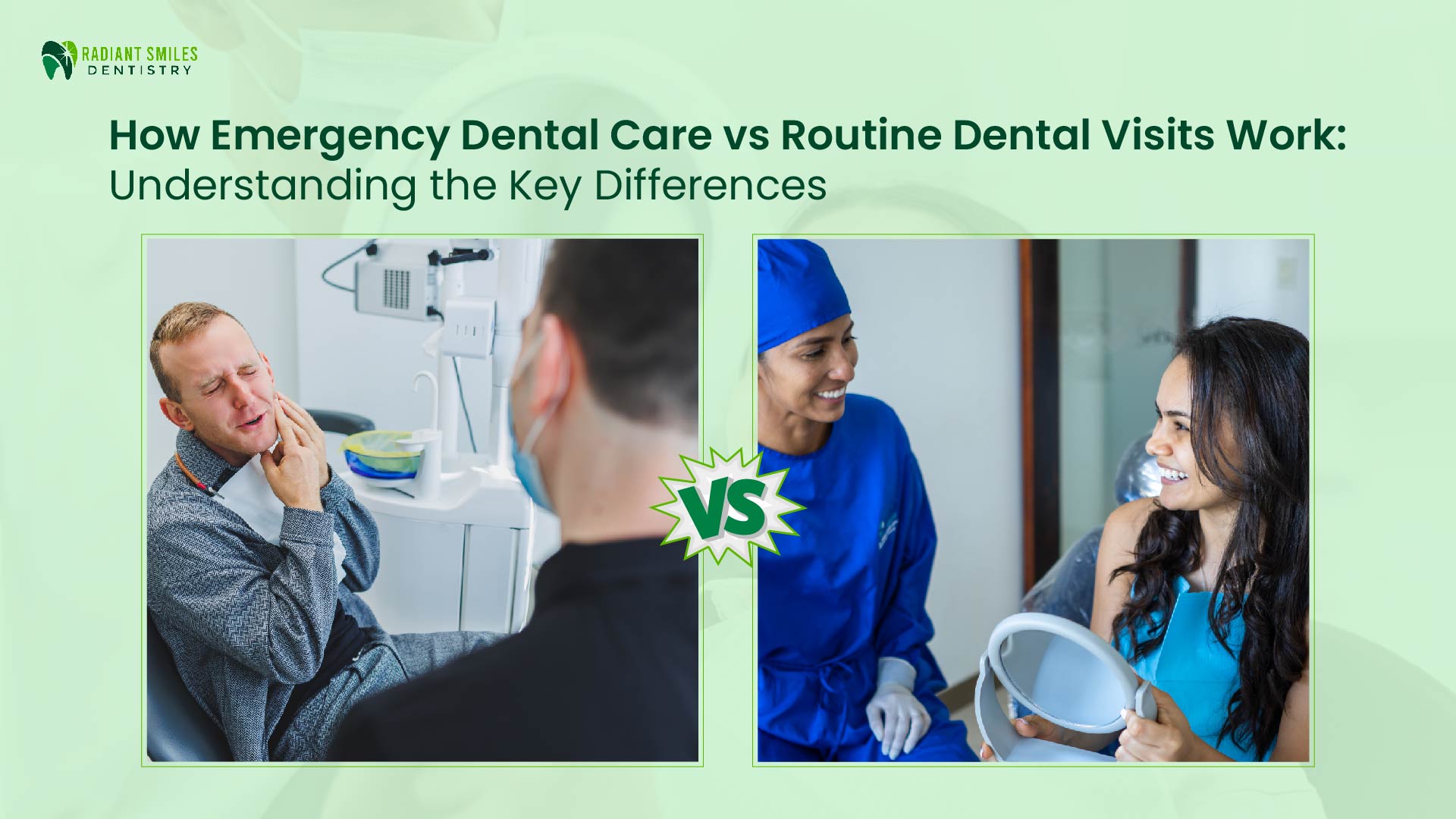Dental veneers are a popular cosmetic option for obtaining a perfect smile,...
10 Common Dental Emergencies and How to Prevent Them

Dental emergencies strike at the worst of moments, usually catching one off guard in excruciating pain. It could be sudden injury, unexpected pain, or acute infection; how one handles these dental emergencies is very significant in sustaining good oral health and seeking timely care.
Here are ten common dental emergencies, explaining how each problem arises and giving some practical advice for the effective management of these emergencies. By knowing what to do in these situations, further damage is avoided, discomfort is reduced, and you can get the proper help from your professional efficiently.
Top 10 Common Dental Emergencies and Their Treatments

1. You Fell and Injured Your Mouth
- Cause: Mishaps such as a fall can lead to damage teeth and mouth area.
- Treatment: Inform the dentist immediately or visit an emergency dental room if you suffer from an injury to the mouth. They will examine the damage and do whatever treatment is necessary. Keep the mouth clean and monitor for any future complications.
2. Tooth Knocked Out
- Cause: Due to trauma or injury a tooth may have been knocked out.
- Treatment: Do not touch the roots of the tooth. Hold it by the crown and try to put it very gently back into its socket. If reinsertion is not possible, soak the tooth in milk or keep it between gauze and your cheek. Seek a dentist or emergency dental clinic within 30 minutes to have the best chance of saving the tooth.
3. Pain
- Cause: Painful conditions could be observed in cracked teeth, abscesses, and dental infections.
- Treatment: For medium pain, take Tylenol, and apply an ice pack in the area to reduce swelling. If you believe that you have a cracked tooth, then avoid chewing. If you have severe pain, then you should see your dentist as soon as possible or go to the hospital. Problems with wisdom teeth can also lead to extreme pain or swelling.
4. Infections
- Cause: This could be due to neglected gum diseases and tooth decay.
- Treatment: Symptoms include constant pain, acute sensitivity, swelling of the gum area, and bad breath. Treatment would come in the form of antibiotics and root canal treatment or extraction, depending on the severity. Having regular dental check-ups combined with good oral hygiene and a balanced diet will keep infections at bay.
5. Tooth Sensitivity
- Cause: Sensitivity most often comes due to exposed roots of teeth or erosion of the enamel of teeth.
- Treatment: Practice brushing using sensitive teeth toothpaste and avoid highly acidic foods. Brush and floss your teeth regularly; if the sensitivity persists, then visit your dentist. Desensitizing toothpaste should be able to help in reducing discomfort.
6. Mouth Sores
- Cause: These could be caused by irritants, stress, or nutritional deficiencies.
- Treatment: Over-the-counter pain relievers and self-care measures like hydrogen peroxide mouth rinse can be taken to reduce the pain. If they do not heal or the sores become infected, consult a dentist for further treatment.
7. Abscessed Gums
- Cause: The abscesses are created due to an infection in the gum or teeth. It will be painful and swollen.
- Treatment: A warm salt water rinse or an ice pack may help in reducing pain. Early professional checks and treatment are necessary to clean the infection from its root.
8. Broken Teeth
- Cause: Fractures of the teeth can result from accidents, grinding of teeth, or even biting hard things.
- Treatment: First, rinse your mouth with warm water. Clean the area and use an ice pack on the affected side to minimize swelling. Urgent dental care may be needed to repair or replace the teeth. Stop using your teeth for improper functions so that they may not break further.
9. Bleeding
- Cause: Bleeding can be either a symptom of gum disease or it may form a part of more serious conditions in the oral cavity.
- Treatment: Apply a clean cloth, do a gentle press, followed by a cold compress, and then rinse with warm water. If there is bleeding or blood in saliva after the aforementioned measures, it should be checked by a professional dentist to look out for serious conditions in the gums and teeth.
10. Swelling
- Cause: The majority of the time, it is a dental infection or an abscess.
- Treatment: If you have a swelling of any sort, inform your dentist immediately. If you have to see a professional to seek treatment at a later time, reduce your swelling by staying in an upright position and not lying down, drinking as much fluid as possible, and keeping away from lying down.
Immediate Dental Care in Prosper, Texas
A proactive approach to dental health involves maintaining a balanced diet, regular brushing, flossing, and routine dental visits. In the event of a dental emergency in Prosper, Texas, Radiant Smiles dentistry clinic is here to provide expert care and restore your smile. From routine checkups to specialized treatments, trust Radiant Smiles to handle your emergencies with precision and care.
Contact us today to ensure your smile remains bright and healthy.
| Recent Blog Post
Do Dental Veneers Stain Over Time? Tips for Keeping Them White
Dental veneers are a popular cosmetic option for obtaining a perfect smile,...
How Emergency Dental Care vs Routine Dental Visits Work: Understanding the Key Differences
Understand the key differences between routine and emergency dental care. Learn when...










